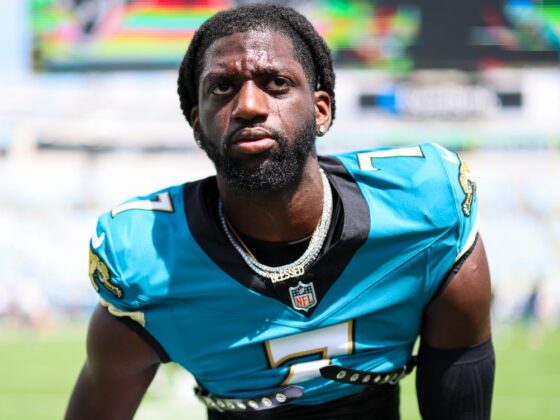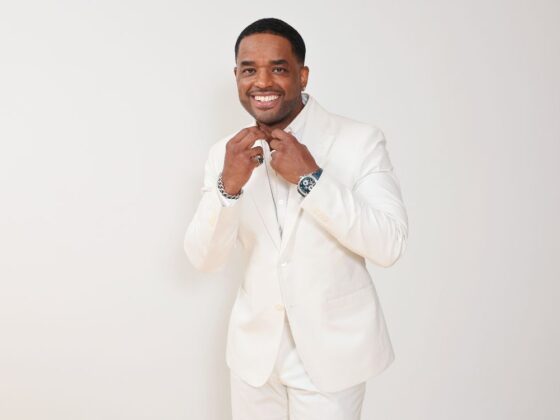The courtroom in Manhattan has been the site of a celebrity trial moment: Diddy Sentencing. Judge Arun Subramanian presided over the hearing in which Sean “Diddy” Combs, who had already been found guilty on two counts of carrying individuals to engage in prostitution, waited to learn his sentence. In advance of his comments, the judge indicated that he would carefully study the pre-sentencing report, the guidelines, and hear arguments on both sides before deciding. The defense sought to present testimony of Combs’ statements, his family members, physicians, and reentry program advocates; the prosecution objected as victim impact and seriousness of offenses.
Upon commencement of arguments, the Diddy sentencing meant many things beyond a simple calculation of months and fines. The defense emphasized Combs’ business, entertainment, philanthropic, and community accomplishments, and appealed for mercy. They urged heeding to his previous positive impact and what they describe as genuine remorse. The prosecution responded with sincere recitation of victims’ evidence of constant emotional, physical, and psychological abuse and urged a sentence that reflects accountability, deterrence, and justice to survivors.
Legal Framework and Guideline Range
The backbone of any sentencing proceeding is the legal framework offered by statute and guidelines. Combs had been convicted under the federal Mann Act for bringing people across state lines with the aim of engaging in prostitution. The U.S. Sentencing Guidelines offered an advisory range of approximately 70 to 87 months. The judge, having overruled a few objections to the pre-sentencing report, indicated that he did not see a compelling basis for departing from that range. Prosecutors, meanwhile, requested a much higher term of at least 135 months while defense attorneys pushed for a much lower sentence, proposing even time served as sufficient.
Judge Subramanian, in his comments, highlighted that lessening good deeds, status, or cultural contributions does not erase the nature of the crimes or power dynamics at stake. Judge Subramanian rejected attempts to redefine consenting relations or intimate encounters as a “sex, drugs, rock ‘n’ roll” existence when proof that was adduced at trial, including choreographed movements, coercion, and control, had established otherwise. The judge clarified that a sentence had to not only represent punishment but also society’s messages about gendered violence, abuse of power, and victim protection.
Emotional Appeals and Family Members’ Testimonies
A unique feature of the Diddy sentencing was the emotional testimonies of Combs’ children, friends, and supporters. Some of Combs’ children testified directly to the court, telling of a transformed man and appealing for mercy. The defense presented a montage of video snippets of family life, acts of benevolence, and reflective thinking about change in prison. Combs himself read from a scripted statement, uttering regret, remorse, and a loss of almost everything, as he asserted a desire to be rehabilitated and to repay.
On the other hand, the prosecution noted that the acceptance of responsibility in such cases needed to be balanced against the personal convictions, over specific regret of life problems. The judge noted that Combs had apologized for aspects of his behavior but did not accept responsibility for the personal criminal findings. The discrepancies between his words and trial findings were part of the reckoning in weighing leniency or severity.
The Diddy Sentencing and Its Implications
Judge Subramanian imposed a sentence of 50 months, just over four years in federal prison, after granting Combs credit for more than a year already in custody. The court also required five years of supervised release and a $500,000 fine. Less than prosecutors had sought, the sentence is a “hard time” term intended to demonstrate responsibility. The judge’s directives also specified requirements for mental health, outpatient treatment, and other rehabilitative programming.
The sentence drew a variety of reactions. Some viewed the punishment as not severe enough compared to what prosecutors had demanded; others felt it was too much given the defense’s request for a modest amount of additional time in prison. To victims and advocates for victims, the sentence helps to establish that even high-profile public officials can be held accountable for intimate-partner violence and abuse. For the broader justice system, Diddy sentencing might be a touchstone as other prominent men charged with sex or abuse cases navigate their way through the courts.
Broader Implications and Questions Ahead
The outcome of this case raises issues over balancing by courts of fame, social importance, and cultural significance against criminal culpability. Do one’s public achievements become a heavy factor in mitigation? Are the victim effects comparable to the defendant’s history? And in the wake of the Diddy sentencing, what precedents can be overturned in cases involving power, coercion, and sexual assault?
A question left open is how Combs’ civil cases, several of them involving allegations of sexual misconduct over years, are going to be altered, and how his public legacy will be retold. Appeals will come, and arguments surely will continue about standards for sentencing, proportionality, and whether this case shifts public expectations.
The hearing and its result signify a broader conflict in the justice system: how to manage celebrity defendants in big cases without sacrificing fairness, responsibility, and respect for survivors. The Diddy sentencing will thus be remembered not just for the sentence imposed, but as an occasion when a cultural legend was brought to book in broad daylight, with profound implications for law, the media, and public attitudes.











